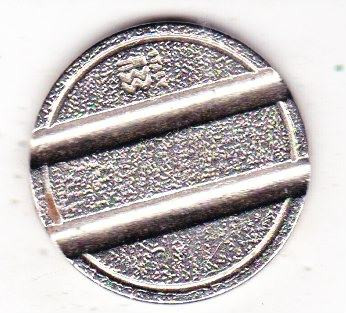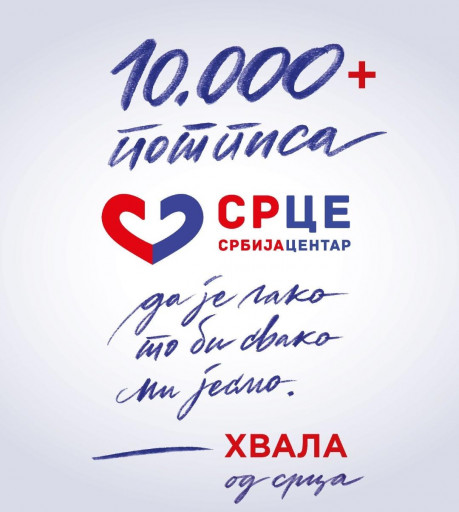Non-transparent financing of political parties in Bosnia and Herzegovina?
Given that political parties have a significant influence on decision-making processes, the question of how they are financed arises because ensuring transparency in the process of financing political parties is a crucial segment of eliminating the risk of political corruption. Political parties in BiH can be financed from: a) membership fee, b) voluntary contributions from legal entities and private persons, c) publishing activities, selling propaganda material and organizing party events, d) income generated by property owned by political party, e) The budget of Bosnia and Herzegovina, by Article 7 of the Law on Political Parties Financing of Bosnia and Herzegovina, entities' budgets, cantonal budgets and budget of the Brčko District of Bosnia and Herzegovina, and from the budget of other units of local administration and self-government by the law, f) profit from the income of the enterprise owned by a political party.
In 2020, political parties in Bosnia and Herzegovina received about 15.5 million KM from the budgets of all levels of government in Bosnia and Herzegovina, according to data from the annual financial reports published by the BiH Central Election Commission. In their reports, the parties mainly show revenues from the budget, and in 2020 they amounted to 72% of total revenues, and the trend of fewer and fewer reported donations and more and more disputed debts is visible.
Why financing of political parties in Bosnia and Herzegovina are non-transparent?
According to the Central Election Commission, there are very few reported donations from private companies and those donations are even 50% less than in 2016 when they amounted to around 700,000 KM. Since in previous years, a large part of these contributions came from prohibited sources, that is, companies that had signed contracts with executive authorities, a large number of parties stopped reporting donations at all.
May 2021 The Central Election Commission of Bosnia and Herzegovina imposed fines on 53 parties with around 337,000 KM, due to violations of the Election Law and Law on Political Parties Financing of Bosnia and Herzegovina. Numerous parties were fined for receiving prohibited contributions, which mostly came from private companies. The fines relate to the financial reports for the election year 2018, and the main reasons, in addition to receiving prohibited contributions, are the failure to submit financial reports and the irregular management of business books to conceal the source of funding.
According to the knowledge of Transparency International, similar phenomena were also determined through the recent monitoring of the election campaign for the 2020 Local Elections conducted by TI BIH, because the parties in their financial reports showed 1.46 million KM fewer expenses than those determined by TI BiH through monitoring. The monitoring carried out by TI BIH did not cover the costs of online advertising for which there are no relevant data sources, so it is clear that the amount spent in the election campaign is far greater than what the parties stated in their annual reports.
Warning indicators
Last year the political parties declared obligations in the amount of 9.1 million KM, and this amount is higher than in previous years because numerous parties have been reporting unpaid obligations for a long time towards certain companies. Debts are written off after a certain period and this represents one of the ways in which parties are financed by private companies, bypassing legal prohibitions.
Compliance with Groupe d’Etats contre la corruption recommendations
Groupe d’Etats contre la corruption (GRECO) which monitors member states’ compliance with the Council of Europe’s anti-corruption instruments in the third published evaluation cycle on Bosnia and Herzegovina (BiH)‘s compliance with GRECO’s recommendations on the topics of incrimination and transparency of political party funding states that only one recommendation was satisfactorily implemented on the issue of publishing data on the finances of political parties and political entities participating in elections. In addition, only partial solutions were sought in response to the deficiencies identified in the Evaluation Report. Political parties were required to keep records of membership fees and voluntary contributions and issue certificates thereof, include receipts from related entities in financial accounts, and establish internal financial control mechanisms.
Further actions
All of the above indicates the long-standing non-transparent way of financing political parties in Bosnia and Herzegovina, and therefore it is crucial to additionally:
• promote the use of the banking system for contributions to political parties,
• introduce the principle of a single campaign account,
• achieve increased transparency of the accounts and activities of entities associated with political parties, regarding violations of election financing rules, to
• introduce defined and effective, proportionate and dissuasive sanctions in the area of political funding for all associated violations and all individuals involved.
In BiH much more needs to be done, inter alia to harmonize the complex legal framework, as well as the reform process in Bosnia and Herzegovina needs to be energetically implemented to further increase the transparency of political funding and the role of political parties as a fundamental element of the democratic system.







